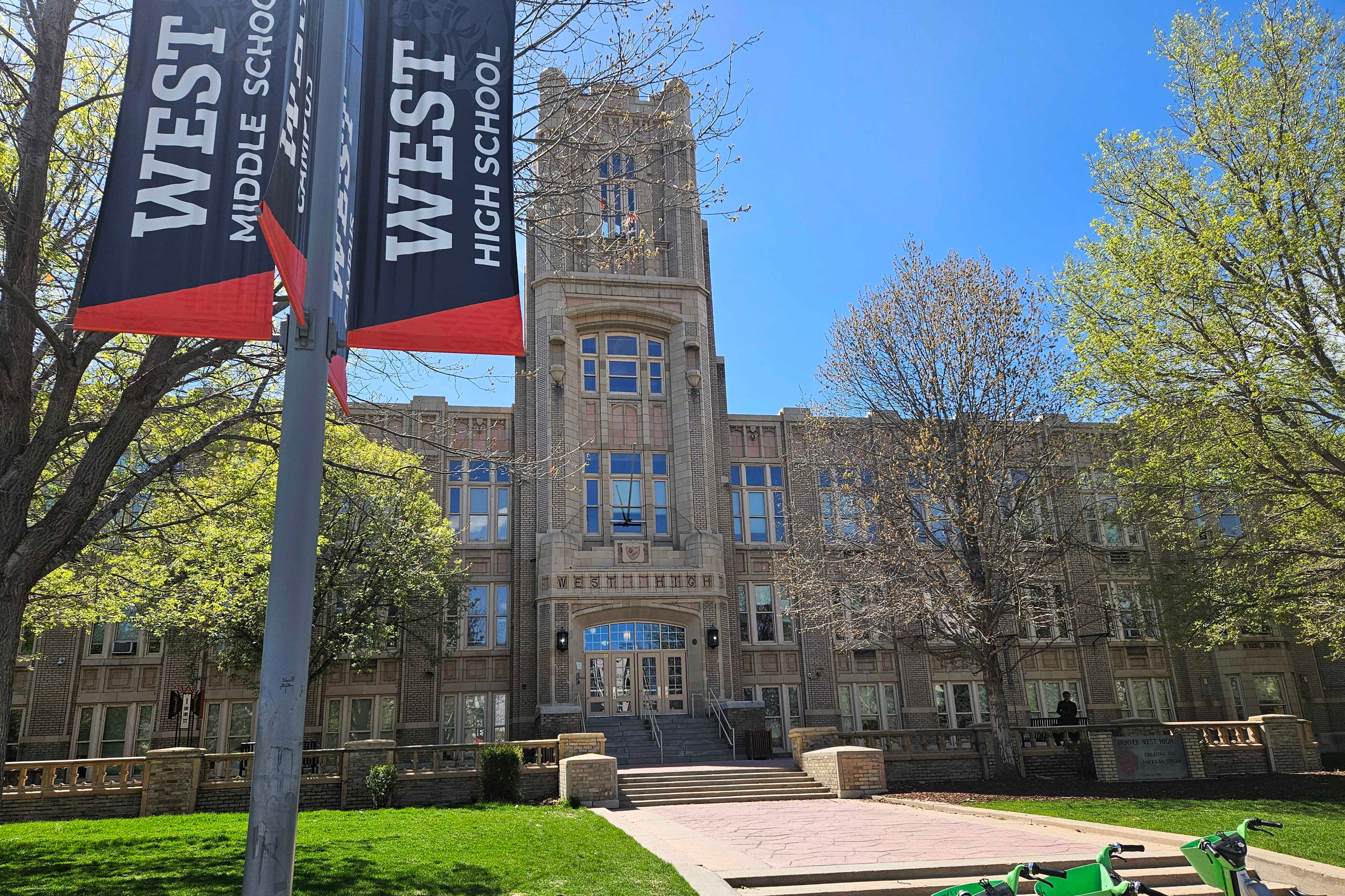Sign up for Chalkbeat Colorado’s free daily newsletter to get the latest reporting from us, plus curated news from other Colorado outlets, delivered to your inbox.
Denver voters approved a $975 million bond to benefit Denver Public Schools, continuing a long trend of Denver voters pledging tax revenue to support the local schools.
Measure 4A passed 75% to 25%, according to unofficial election results released at 4 p.m. Tuesday, a week after Election Day, when officials finished counting ballots.
Denver Superintendent Alex Marrero released a statement last Wednesday morning thanking the city’s voters for passing the bond measure.
“We are grateful for the foresight of our community to help us ensure that our students will be provided a safe and welcoming environment in which to learn and grow,” Marrero said in the statement. “Denver Public Schools is dedicated to making sure that every student thrives.”
The $975 million bond measure was the Denver school district’s largest-ever ask.
Measure 4A will not increase property taxes because of how the school district has scheduled previous debt to come off its books. Denver voters approved bonds in 2020, 2016, 2012, and 2008 to benefit the district, which serves about 90,000 students.
- $240 million to install air conditioning at the 29 Denver schools without it.
- $28 million for safety upgrades, including weapons detection and crisis communications systems and adding secure vestibules to 17 schools.
- $43 million for middle and high school stage upgrades, theater seating, and more.
- $33 million for athletic facilities upgrades, including installing artificial turf, updating high school weight rooms, replacing scoreboards, and adding lighting to athletic fields.
- $51 million for career and technical education classrooms and STEAM spaces. STEAM stands for science, technology, engineering, art, and math.
- $124 million for new school buses and new school construction, including building a new elementary school in the far northeast Gateway neighborhood and expanding another new campus near the airport to add middle school grades.
- $100 million for upgrades to existing school buildings, including to school-based health clinics, restrooms, cafeterias, and outdoor classrooms.
- $55 million for technology, including new Chromebooks and internet hotspots.
- $301 million for critical maintenance at 154 buildings, including mechanical, electrical, and plumbing upgrades, as well as general renovations.
Melanie Asmar is the bureau chief for Chalkbeat Colorado. Contact Melanie at masmar@chalkbeat.org.






